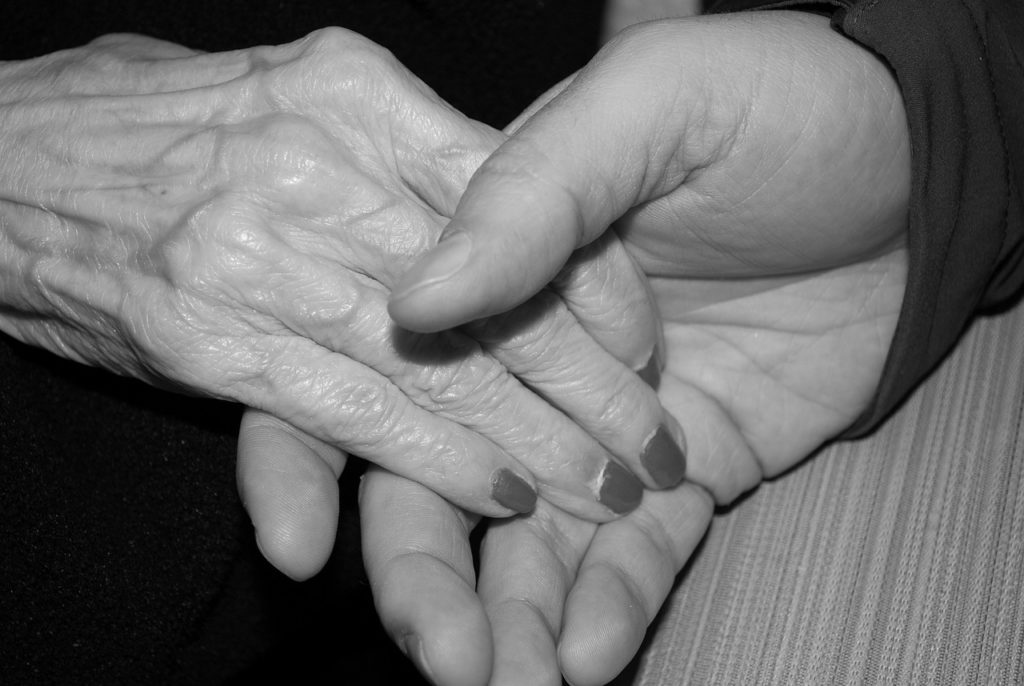
The passage of time changes our bodies and deepens the lines on our faces. Skin aging is, undoubtedly, the most visible element, and therefore becomes a matter of great concern to an individual.
How can we prevent premature skin aging? For both men and women, aging is a natural process. If, in the first quarter of our life, we cannot fight against this phenomenon.
From the second quarter (25-50 years), our immune system will weaken and no longer allow us to defend ourselves against the attack of germs.
With age, the effectiveness of the body’s defense system decreases, and our need for antioxidants increases. Environmental factors also accelerate the process of aging.
Aging is marked by a loss of tissue elasticity (loss of the ability to return to its original shape after stretching), changes in the texture of the skin (thickening or thinning), and the appearance of superficial abnormalities (tiny blood vessels, dark spots).
Every year, the structural changes of the skin and the efficiency of cellular functions slow down due to our biological age. The youthful glow of the skin fades to give way to a duller complexion, a sign of youth.
Tobacco, alcohol, medications, malnutrition, diseases, lack of sleep, stress, pollution, and an insufficient skincare routine are some external elements that influence the health of our skin.
The sun is responsible for premature skin aging. Under UV radiation, free radicals, the skin’s main enemies, appear in more significant quantities and create damage that accelerates skin aging. UV rays are responsible for 80% of skin aging.
Some tips to prevent aging.
1 Drink two or three bottles of water a day. The secret to radiant, glowing skin lies in the deep hydration of the different layers of the skin. Water intake must compensate for losses. An adult consumes about 2.5 liters of water per day (84.5 ounces). Indeed, more than one liter of water is discharged through urine, and the same amount through sweat, feces, and respiration. The amount changes depending on several factors. To compensate for these losses, a large portion is recovered through food.
2 Moisturize the skin daily. To balance these losses, applying products is necessary to limit the evaporation phenomenon. A moisturizing facial cream or serum enriched with hyaluronic acid can help determine water loss and slow the appearance of the first wrinkles.
3 Effectively protect the skin from the sun. The sun is the leading cause of skin deterioration. The most harmful rays penetrate deeper into the skin. This radiation damages collagen fibers.
Thickening skin and deep wrinkles result from the accumulation of nonfunctional tissue in the dermis. The body has some weapons against UV rays, such as melanin. Note that care enriched with antioxidants (resveratrol and vitamin C) and carotenoids, such as carrot oil macerate, helps protect the skin from UV damage.
4 Vary your diet. A study published in the Journal of the American College of Nutrition compared the eating styles of 450 persons over 70 living in different countries: Australia, Greece, Sweden, USA, etc.
The conclusions of this report establish a correlation between diet and the appearance of wrinkles. The less wrinkled subjects followed a diet composed mainly of vegetables, olive oil, nuts, dried fruits, apples, tea, eggs, and yogurt. Subjects more marked by the signs of aging had a higher consumption of alcohol, milk, red meat, starches, soft drinks, and sweets.
5 Do not smoke. Many studies have shown chronic smoking is involved in early skin aging. For one simple reason: nicotine alters the skin’s elastic fibers and has a detrimental effect on many levels. Thus, heavy smokers have thinner and more fragile skin, more pronounced wrinkles, protruding cheekbones, and a yellowish complexion.
